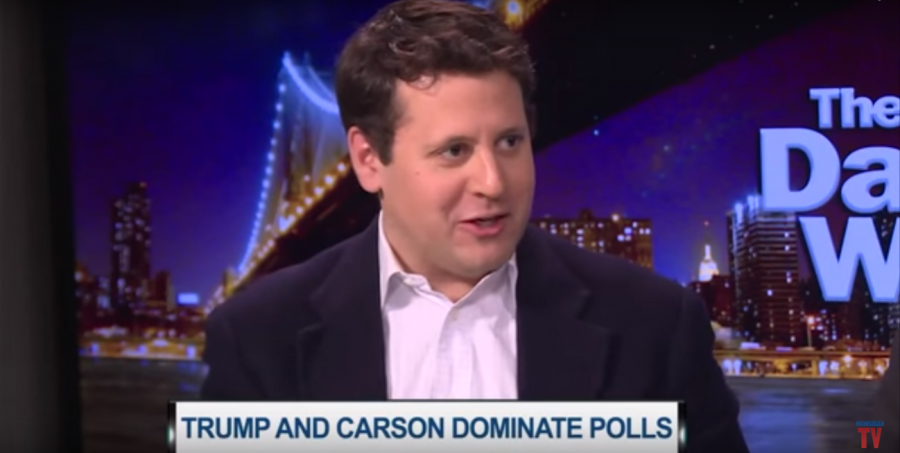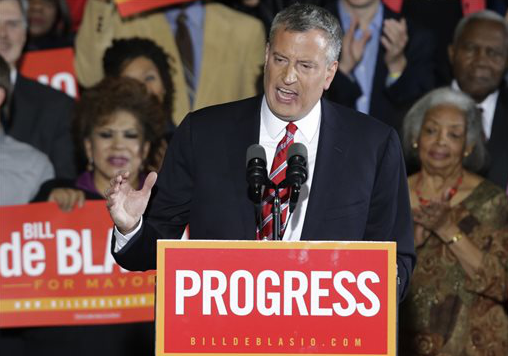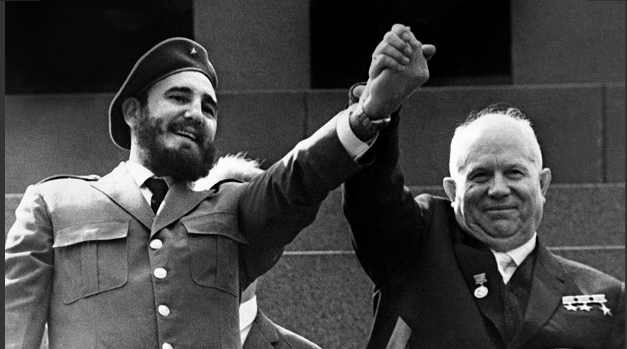In an interview with TheBlaze Books [Twitter, Facebook] in connection with the release of his new book, “A Nice Little Place on the North Side: Wrigley Field at One Hundred,” we spoke with prodigious columnist and author George Will on baseball, the Cubs and Wrigley Field, Will’s view on shortening baseball games to 7 innings, PEDs and his entertaining and informative unified theory of beer.
Our interview, which we conducted via phone, is below, slightly modified to include links and italics for emphasis.
Who is this book intended for? And why should non-Cubs fans and even non-baseball fans read it?
Will: Well it’s a little bit a book about me, it’s a book about Chicago, it’s a book about 20th century history, and about baseball in general. And beyond that it’s a book about the peculiar chemistry of loyalty that we develop towards these teams. Those of us who are sports fans occasionally sit back and say, “What am I doing? Why do I care so much about this?”
And the answer is a complex one that we care about excellence, and professional athletes do difficult, dangerous things well, but beyond that I think baseball particularly – the everyday-ness of it – the 162 game season, the fact that going to the ballpark is a big part of being a baseball fan in a way that going to a football stadium is not a big part of the NFL fan’s experience. I served on a Major League Baseball commission that studied this and we came to the conclusion that about 98% of self-identified NFL fans had never been to an NFL game. In baseball the ballpark itself, the experience of coming together with fellow members of your tribe for three hours of shared enjoyment is much more important than in other sports. In cities particularly where we’re kind of a dust of individuals, this provides us with unity – one that may only gather and disperse for three hours, but it does so 81 times a year at home, and on the radio and television, so it’s a very interesting chemistry of loyalty that’s also the subject of the book.
There’s also some I find interesting and amusing digressions on the history of beer and it’s relationship to baseball, and Babe Ruth’s called shot – alleged called shot in the 1932 World Series – I’m deeply skeptical of the whole myth, and things like that. It was a writing challenge that provoked me as a professional writer – I said “Well, Wrigley Field’s coming up on one hundred years old, must be some interesting things there. Turns out there really were.”
You mention a couple of stories there – I also thought in particular the Lady’s Day stories with folks being able to stand on the field were quite amusing, along with the sad story you tell of Hack Wilson’s life. Is there any one particular story that most resonated with you, or that you care most deeply about associated with the Cubs and Wrigley Field?
Will: Well let’s go with a couple of things you mentioned. One is the sad story of Hack Wilson who to this day holds one of the almost unbreakable records in baseball: 191 RBI’s in one season. He was five foot six. His shoe size was five and a half (5 ½). Very strange looking man and frankly today we know that some of the curious physical attributes of him are associated with fetal alcohol syndrome. And indeed he was born to a teenage unmarried mother who was herself an alcoholic. He was to die of alcohol-related ailments. But in a blazing career with a sharp rise in trajectory and equally sharp plunge, he dominated baseball for a few years. And there is a melancholy aspect of this because professional athletes generally have a compressed trajectory because they peak a little early in life and have to find something to do with the rest of their lives. He unfortunately didn’t have much of a rest of his life.
The most amusing story to me was to discover that Wrigley Field had a vendor for awhile who was a “ne’er-do-well,” and he seemed to have ways of sort of cheating his fans and the Cub management kept an eye on him. His name was Jack Rubenstein. He later left Chicago, moved to Dallas, changed his name to Jack Ruby and of course entered history by killing Lee Harvey Oswald.
Wonderful stories like this – you mentioned a moment ago the Lady’s Day phenomenon – William Wrigley (the Wrigley after whom the ballpark is named), was a visionary in baseball. First of all with regard to radio, a lot of owners said, “Oh radio’s going to kill baseball, it’s terrible. People won’t come out to the ballpark anymore.” He said, “Nonsense. Radio will be the greatest merchandiser of our sport. It will whet people’s appetite for coming to the ballpark.” So, he gave away the broadcasting rights to the Cubs. In fact at one point five Chicago radio stations were broadcasting the Cubs. And indeed it worked. People began to come out to see that which had interested them on the radio.
And you mentioned Lady’s Day – he said, “Look, our ballparks at that time were sort of rough and ready places, and women didn’t want to go there – particularly didn’t want to go there alone.” He said, “Well, we’re gonna let them in free.” Well, on some days 17,000 showed up. And they overflowed the grandstand and the bleachers, and would stand in high heels – people got dressed up to go to the ballpark then – they’d stand in the outfield their heels sinking into the dirt and they’d string a rope around the outfield to contain them and still define the outfield. And they could help the Cubs because when the opposing batter hit a deep fly they’d back up, so the Cub outfielder could have more room to chase the fly down, and when the Cub batter hit a fly ball they’d move in, so they’d be more apt to go into the crowd for…I guess they’d call it a ground rule double. But this was the way baseball began to merchandise itself, and was a great success.
Read more at TheBlaze…









